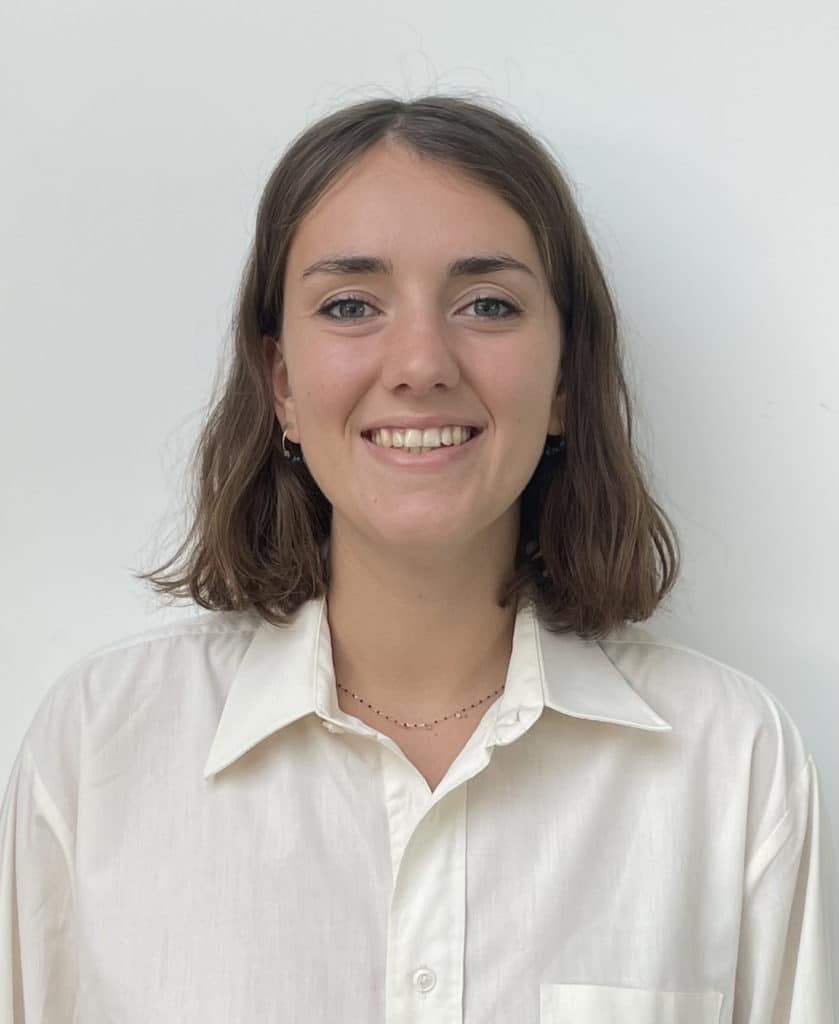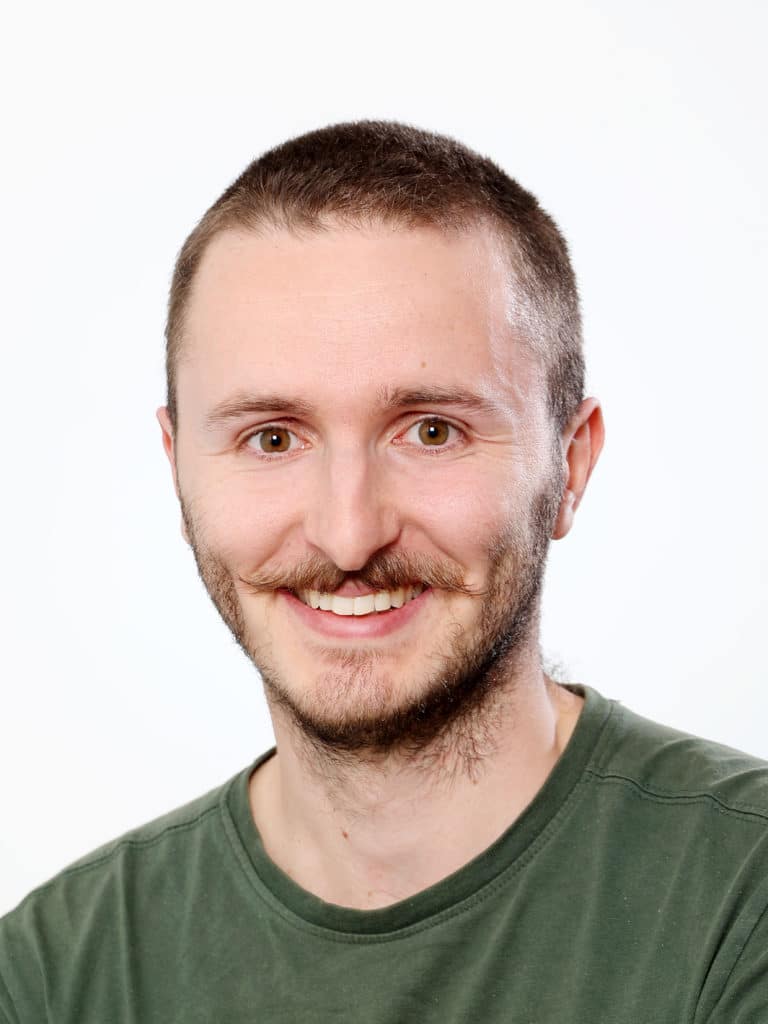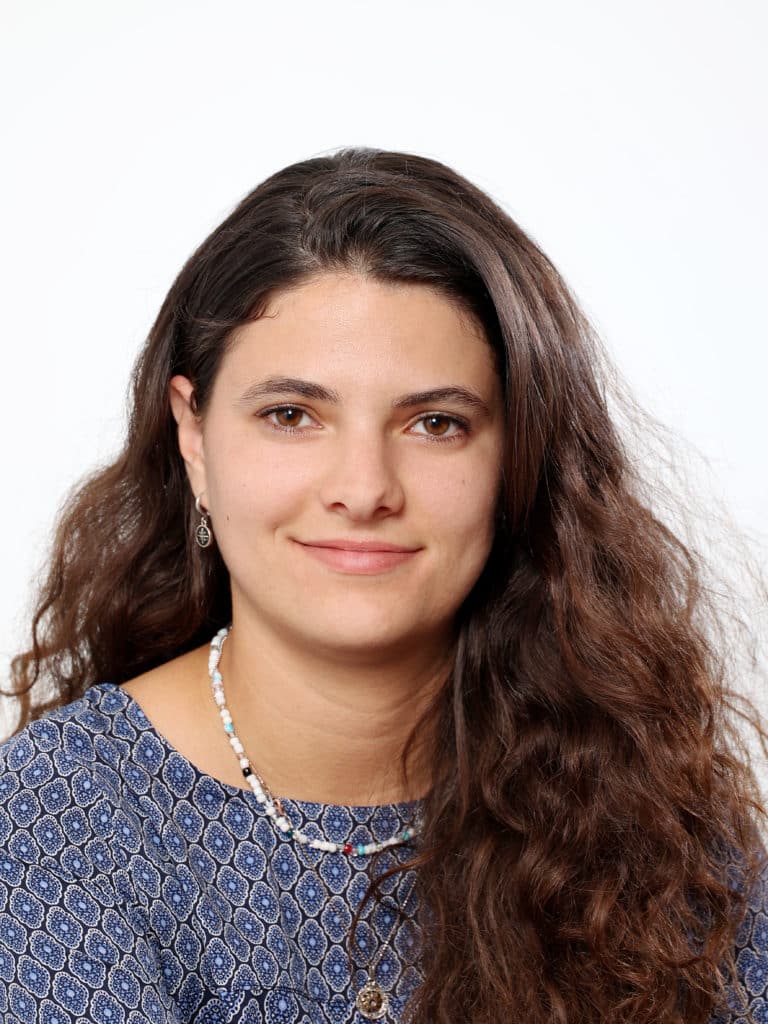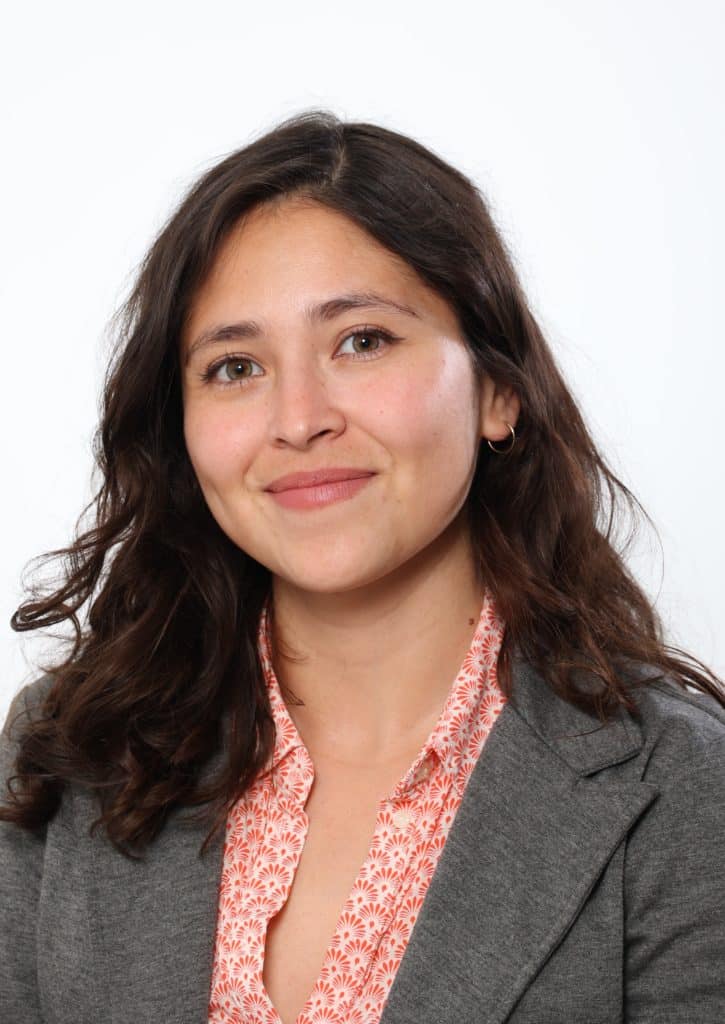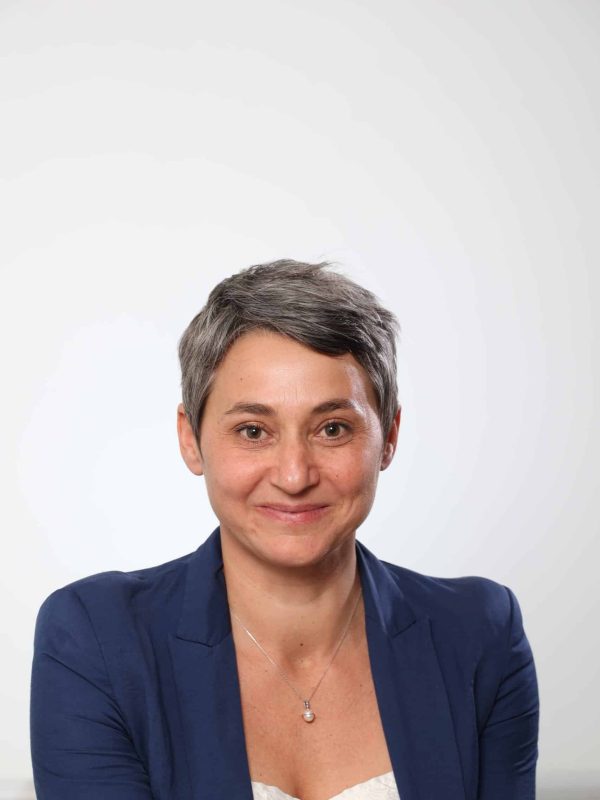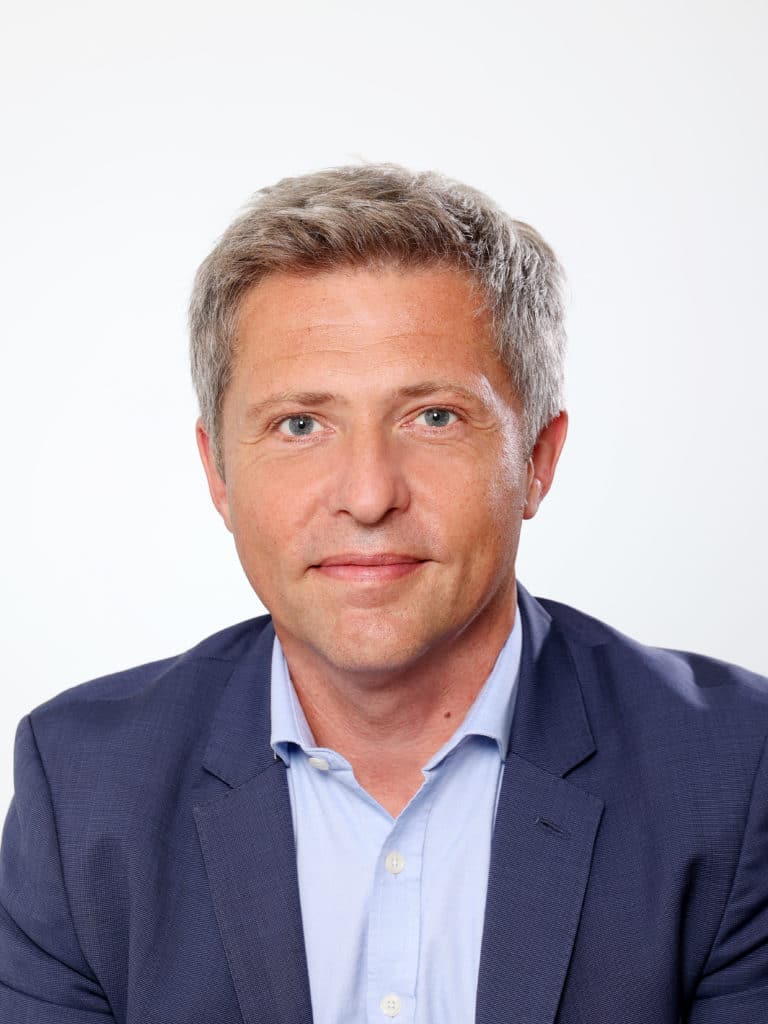La 5ème limite planétaire -sur neuf – vient d’être franchie. Cela déclencherait des conséquences environnementales graves pour les conditions de vie sur terre. D’où l’importance d’adopter avec urgence les limites planétaires dans l’élaboration des stratégies économiques et territoriales.
Dans une étude publiée le 18 janvier dans la revue “Environmental, Science and Technology”, un collectif de scientifiques affirme que l’humanité a dépassé la 5ème limite planétaire due à la pollution chimique de ces dernières décennies : la production de pesticides, plastiques, médicaments, produits de consommation, tissus de synthèse, etc, qui a doublé entre 2000 et 2017, contribuant à la destruction des écosystèmes vivants.
Le concept de limites planétaires a été proposé par une équipe de chercheurs, menée par Johan Rockström, dans une étude datant de 2009. Neuf limites avaient alors été définies afin de limiter les dégradations de l’équilibre écologique sur terre.
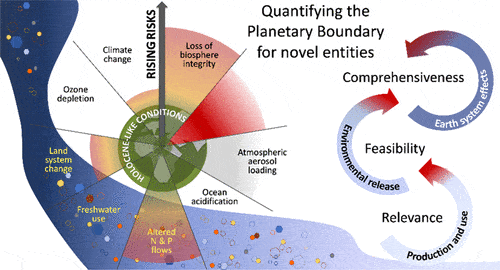
Quatre limites ont été déjà franchies : le changement climatique, l’érosion de la biodiversité, la modification de l’usage des sols et la perturbation des cycles de l’azote et du phosphore. C’est pourquoi, les scientifiques appellent à une action urgente face à cette menace écologique.
L’équipe de France Villes et territoires Durables est convaincue que les villes d’aujourd’hui et demain doivent être résilientes et conscientes de leurs vulnérabilités et de ses ressources, des villes capables d’anticiper, de s’adapter et d’évoluer face aux aléas du quotidien comme aux chocs majeurs, et surtout, des villes qui fonctionnent et se développent de manière compatible avec les limites physiques de la planète.
C’est le sens de l’engagement de France Villes et territoires Durables pour une société plus sobre, résiliente, inclusive et créative.
Lire aussi
22
- Actualités des membres
21
- Actualité FVD
- Actualités des partenaires
25
- Actualité FVD
24
- Actualité FVD
- Actualités des membres

